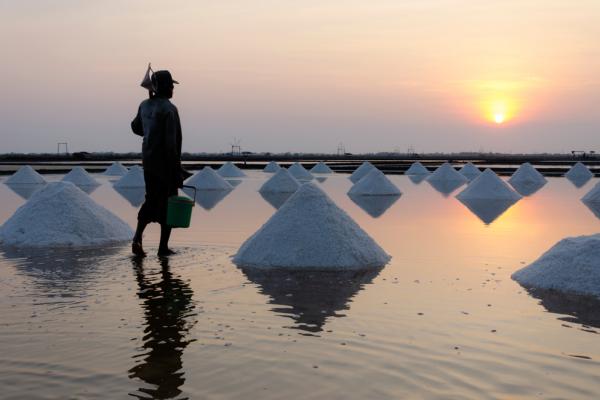Nov 27, 2019
What does reconnecting with Jesus mean as we go into the world? How do we see him, recognize him, and follow him? Does reconnecting with Jesus mean reclaiming a way of life or style of life that we can look for?
Read the Full Article

Already a subscriber? Login
